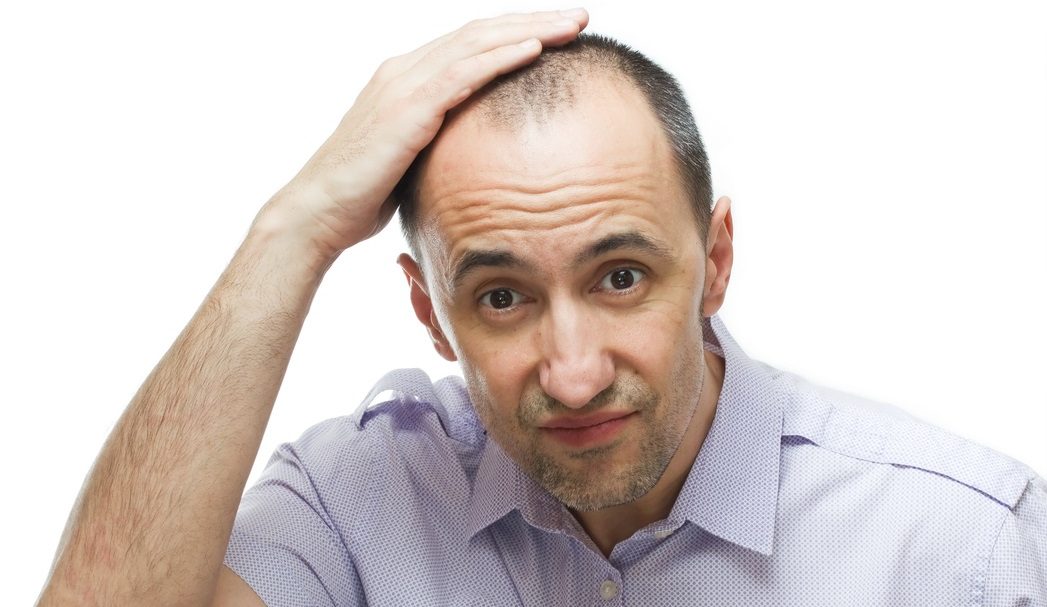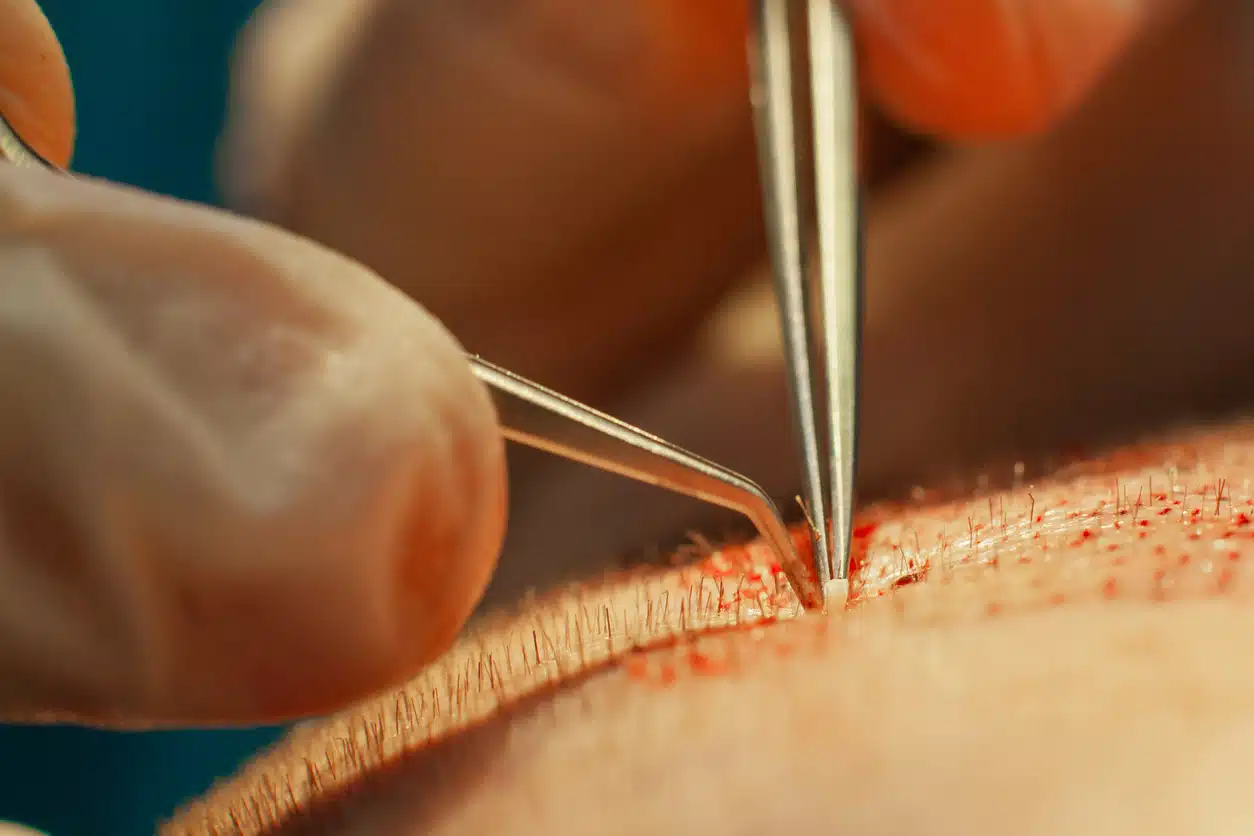Hair loss is a common concern for many individuals, and finding effective solutions to combat it has been an ongoing quest. Among the various options available, Finasteride has emerged as a popular and widely used medication for hair restoration. In this article, we will delve into the role of Finasteride in hair restoration and understand how it works to address hair loss.
What is Finasteride?
Finasteride is an oral medication that belongs to a class of drugs known as 5-alpha-reductase inhibitors. Originally developed to treat prostate conditions, it was later discovered to have positive effects on hair growth. Finasteride is available in tablet form and is commonly prescribed for male pattern baldness, a condition characterised by a receding hairline and thinning of the crown area.
How does Finasteride work?
The primary mechanism of action of Finasteride involves blocking the conversion of testosterone into dihydrotestosterone (DHT). DHT is a hormone that plays a significant role in the miniaturisation of hair follicles in individuals genetically predisposed to hair loss. By inhibiting the production of DHT, Finasteride helps to maintain and promote hair growth in affected individuals.
Effects on Hair Growth:
Finasteride has been found to be highly effective in slowing down hair loss and promoting hair regrowth in men with male pattern baldness. It helps to increase the density of hair, improve hair thickness, and prevent further hair loss. It is important to note that the effects of Finasteride are most noticeable in individuals with recent hair loss or those in the early stages of balding. It may not be as effective in individuals with advanced hair loss or a significant amount of baldness.
Treatment Duration and Results:
The results of finasteride treatment may vary from person to person. It is important to understand that Finasteride is not a quick fix and requires consistency and patience. Typically, it takes several months to a year to see noticeable improvements in hair growth. It is recommended to continue using Finasteride as prescribed by a healthcare professional to maintain the achieved results. Discontinuing the medication may lead to a reversal of the benefits and a gradual return of hair loss.
Potential Side Effects:
Like any medication, Finasteride may have potential side effects, although they are relatively rare. The most commonly reported side effect is a decrease in libido. However, these side effects are generally reversible and subside after discontinuation of the medication. It is important to consult with a healthcare professional before starting Finasteride to understand the potential risks and benefits specific to your individual situation.
Combination Therapy:
In some cases, Finasteride may be prescribed in combination with other hair restoration treatments for enhanced results. One such combination is Finasteride and minoxidil, a topical solution that promotes hair growth. When used together, these treatments can work synergistically to slow down hair loss, stimulate hair regrowth, and improve overall hair density. It is important to follow the guidance of a healthcare professional when combining different hair restoration treatments.
Consultation with a Healthcare Professional:
Before considering Finasteride or any other hair restoration or hair transplant treatment, it is crucial to consult with a healthcare professional specialising in hair loss. They can evaluate your specific condition, assess your medical history, and determine the most suitable treatment plan for you. A thorough consultation will help you understand the potential benefits, risks, and expected outcomes of Finasteride in your particular case.
In conclusion, Finasteride plays a significant role in hair restoration by inhibiting the production of DHT, a hormone responsible for hair loss in individuals with male pattern baldness. It can effectively slow down hair loss, promote hair regrowth, and improve hair density. However, it is important to consult with a healthcare professional to determine if Finasteride is the right choice for you and to understand the potential risks and benefits. With the guidance of a medical professional and consistent use, Finasteride can be an effective component of a comprehensive hair restoration strategy.





